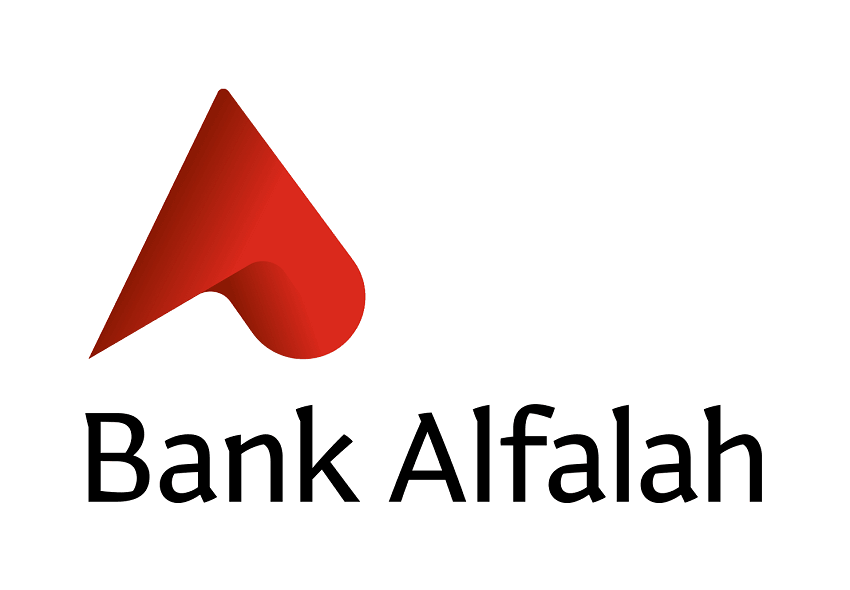JCR-VIS Credit Rating Company Limited (JCR-VIS) has assigned initial entity ratings of ‘AA+/A-1+’ (Double A Plus/A-One Plus) to Bank Alfalah Limited (BAFL). Outlook on the assigned ratings is ‘Stable’.
The assigned ratings reflect the Bank’s diversified operations, healthy financial risk profile, strong sponsors and existing market presence. BAFL has exhibited sustained improvement across key performance areas including asset quality, liquidity, capitalization, and profitability. Majority owned by the Abu Dhabi Group (ADG), comprising some of the prominent members of UAE’s ruling family and leading businessmen, BAFL is the fifth largest private sector bank in the country with a market share of 5.8% in domestic deposits at end-September’2016. Presence in the overseas market (Bangladesh, Afghanistan, and Bahrain) represents around 6.4% of total assets. BAFL also enjoys a sizeable Islamic footprint with 16.4% contribution to total assets. The product portfolio of the Bank is extensive while key focus areas, going forward, include SME lending, transaction banking and shift towards digital banking.
A major portion of the Bank’s assets comprises exposure towards the sovereign/public sector. Aggregate exposure to the sovereign /public sector by way of investments & advances represents over half of total assets. Corporate loan book continues to remain the mainstay of the Bank’s lending operation with growth being also noted in consumer and SME lending. Overall credit risk profile of the Bank has improved significantly over time with the reduction in infection ratio (9M16: 5.4%, 2012: 8.9%), improved provisioning coverage (9M16: 87.5%, 2012: 65.0%) and a higher proportion of public sector exposure in advances portfolio.
Market share of BAFL has strategically been adjusted downward temporarily to improve deposit profile and manage spreads in a low-interest rate environment in the backdrop of intense competition for lending rates. Liquidity profile of the Bank has posted improvement as reflected by a diversified deposit mix and increase in liquid assets carried on the balance sheet. The proportion of non-remunerative current account in deposit mix is the highest amongst peers while depositor concentration levels are improving. Capitalization indicators have strengthened over time with an increase in equity base on account of retained profits; resultantly Tier-1 and overall CAR have increased.
Profit after tax increased by 3.7% during 9M16 on account of lower provisions and higher capital gains. As per management, higher efficiency ratio vis-à-vis peers is a function of additional products and services offered by the Bank and a greater proportion of retail portfolio in financing mix. Going forward, the existing share of high-yielding PIBs in investment portfolio and decline in the cost of deposits bodes well for the profitability of the Bank.




